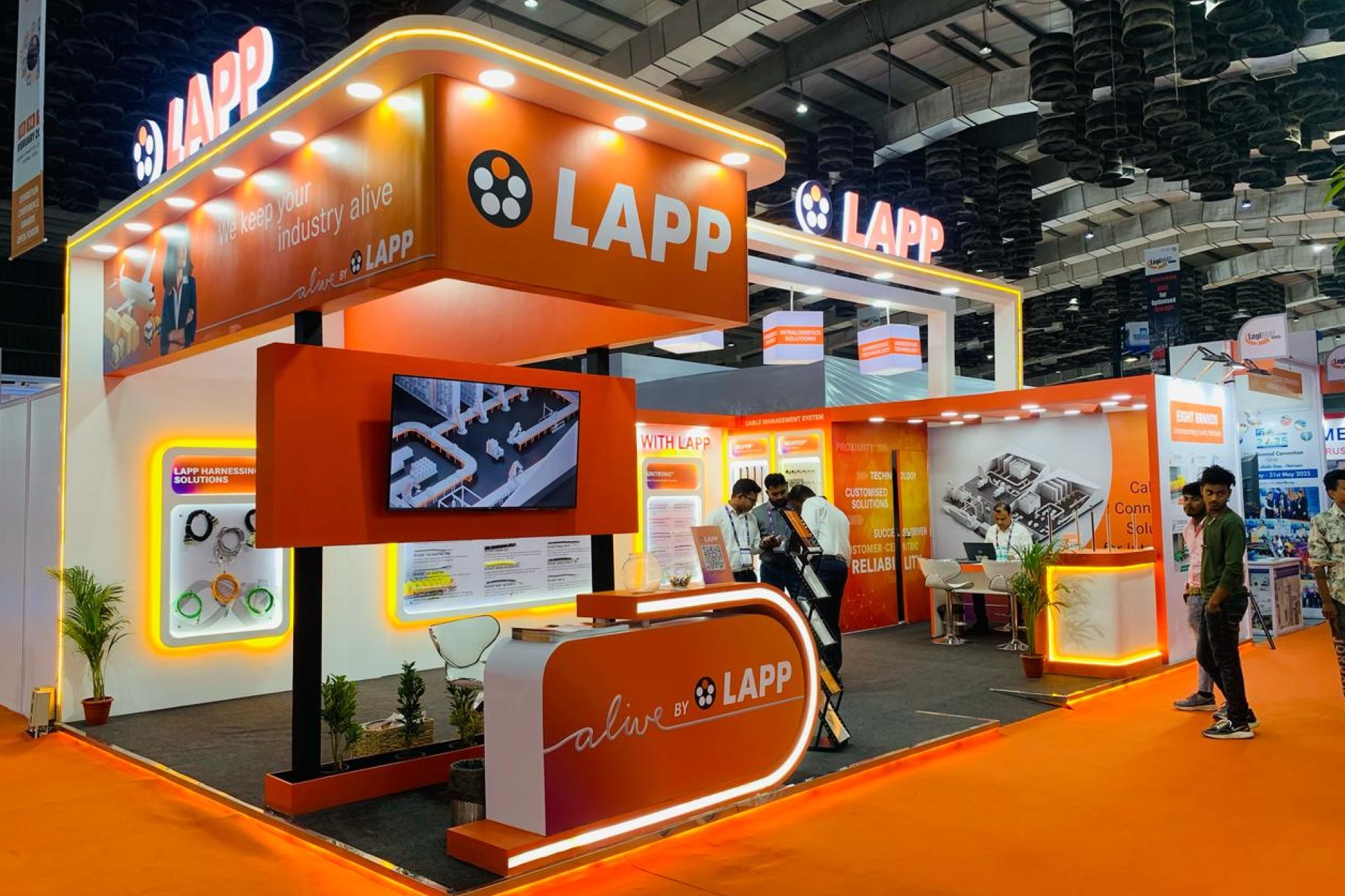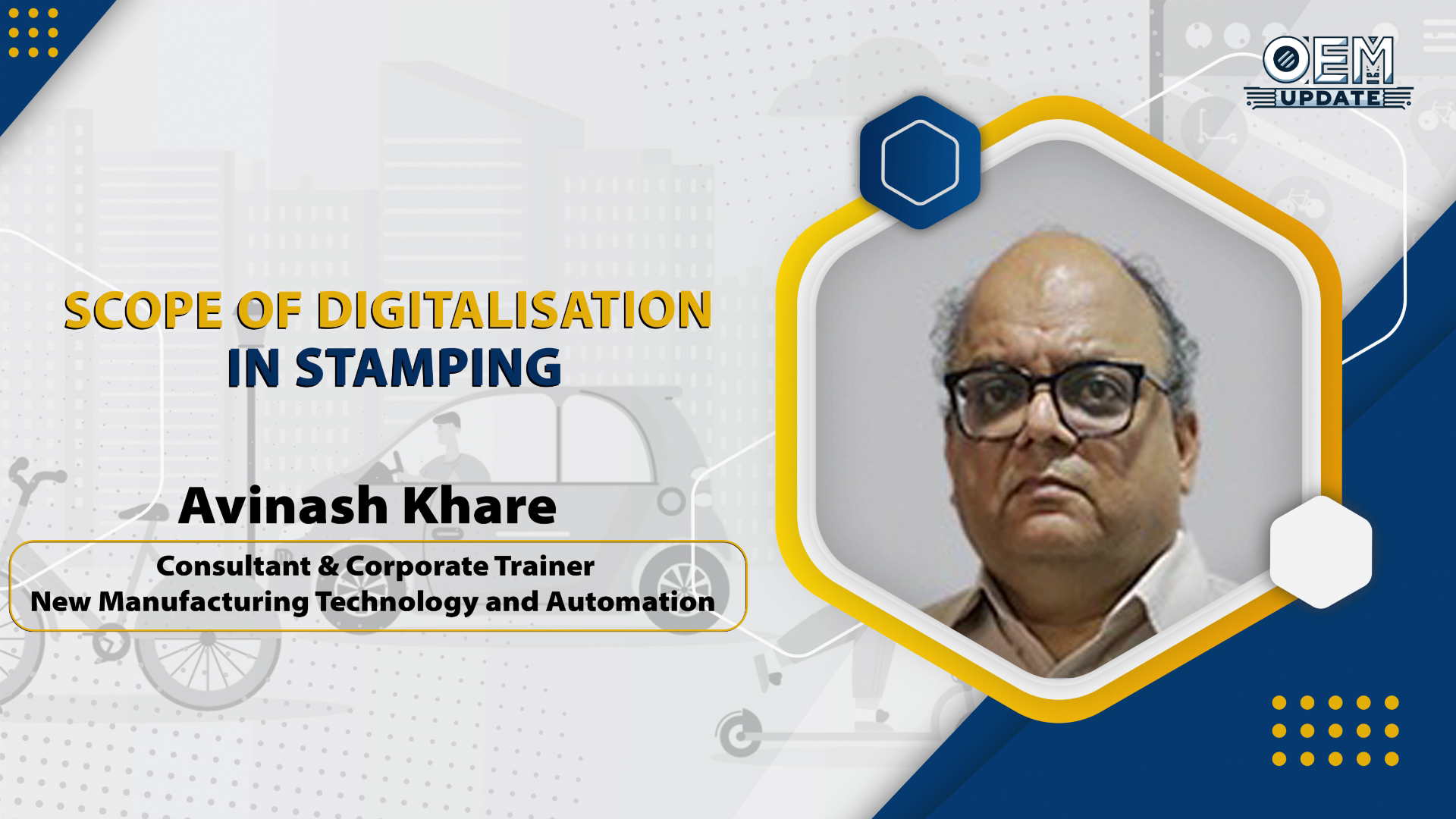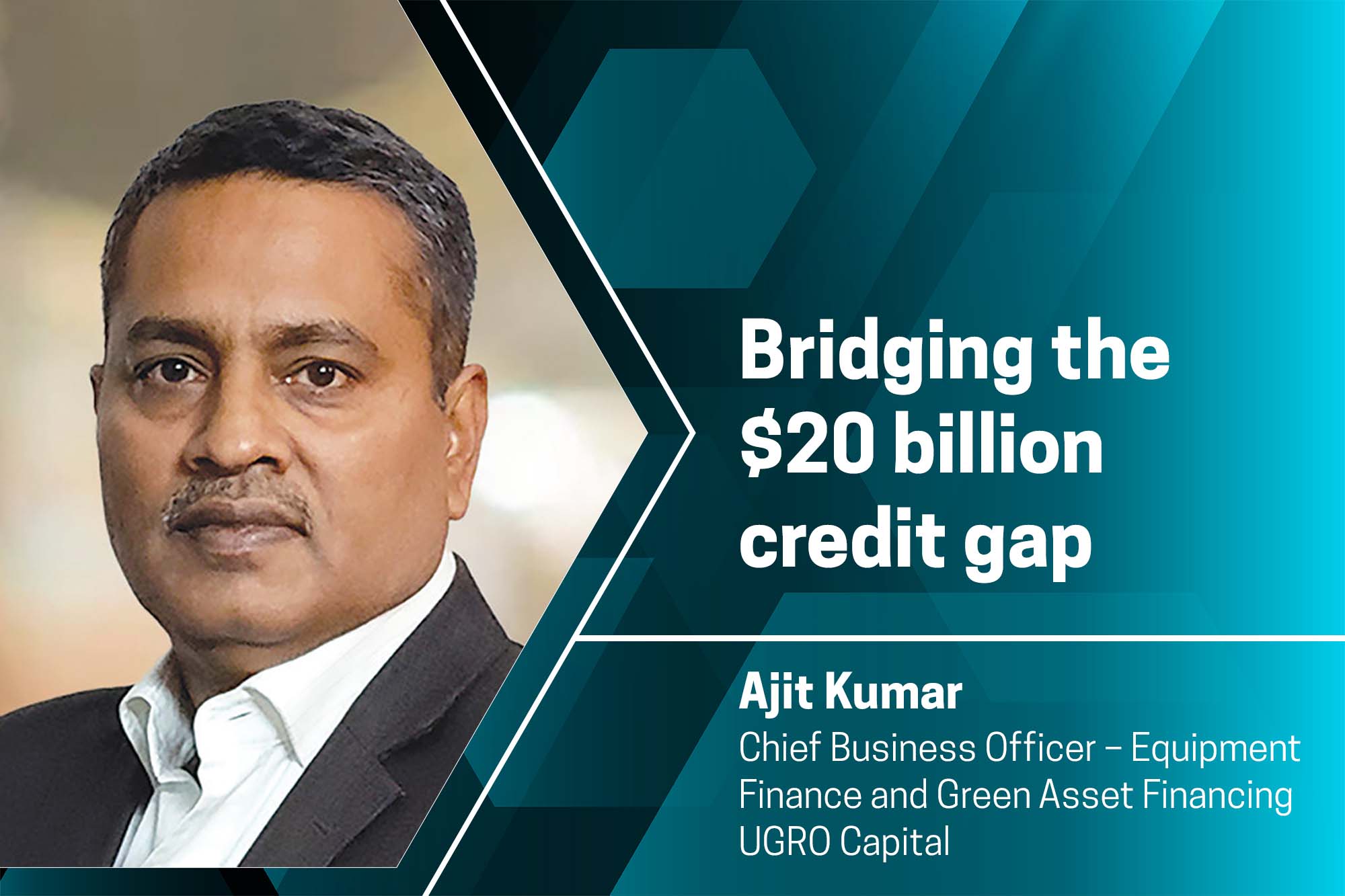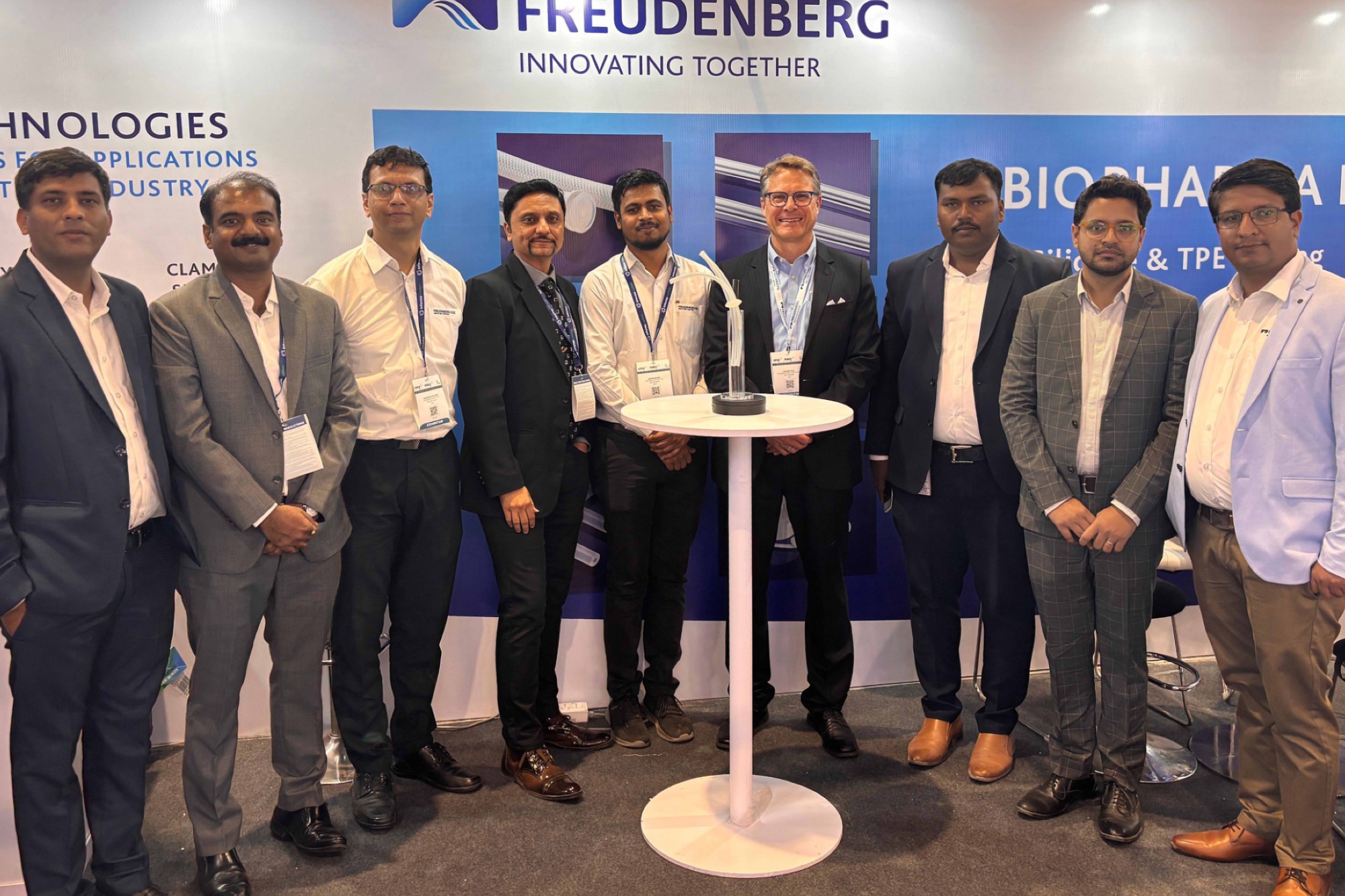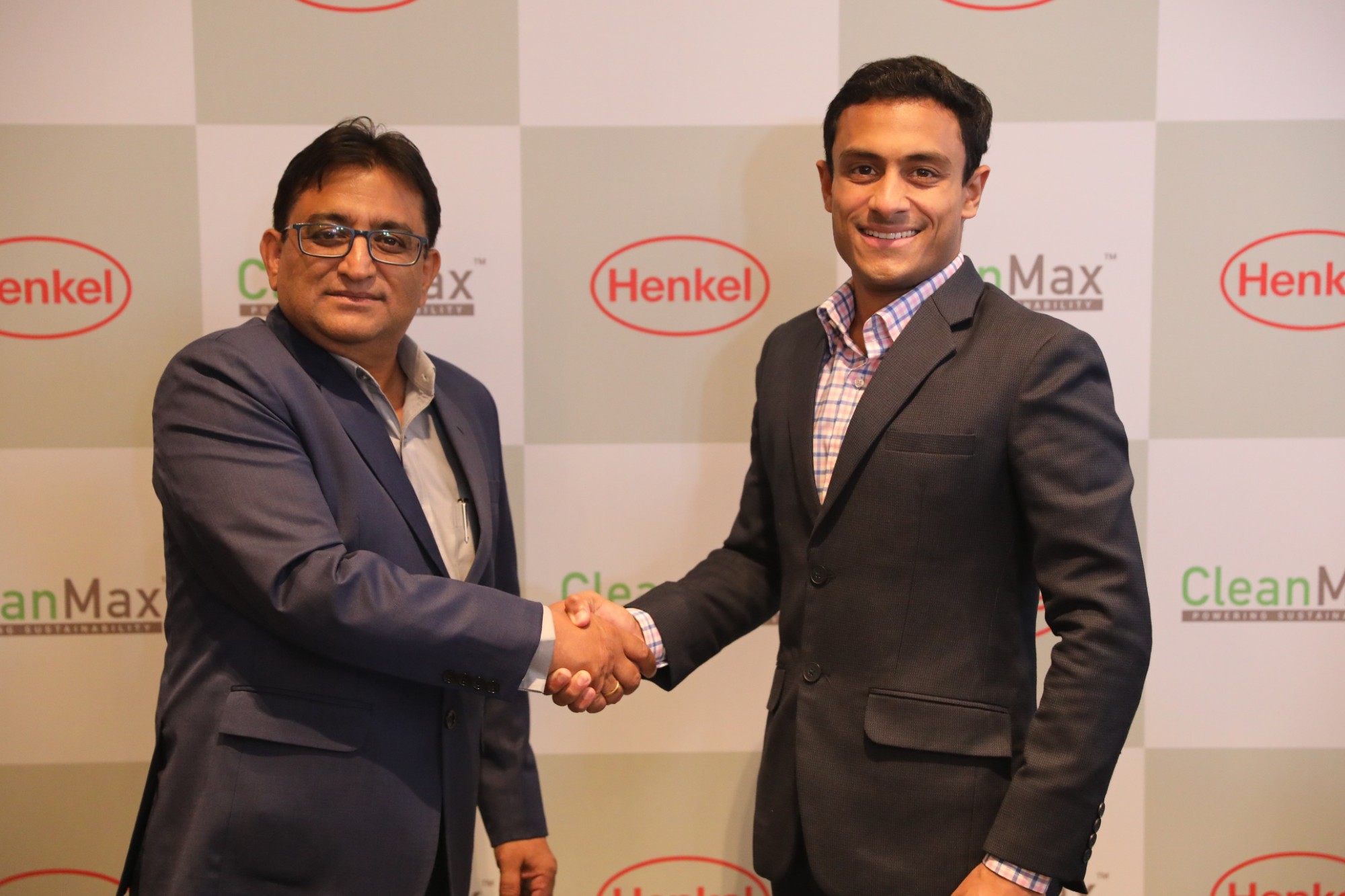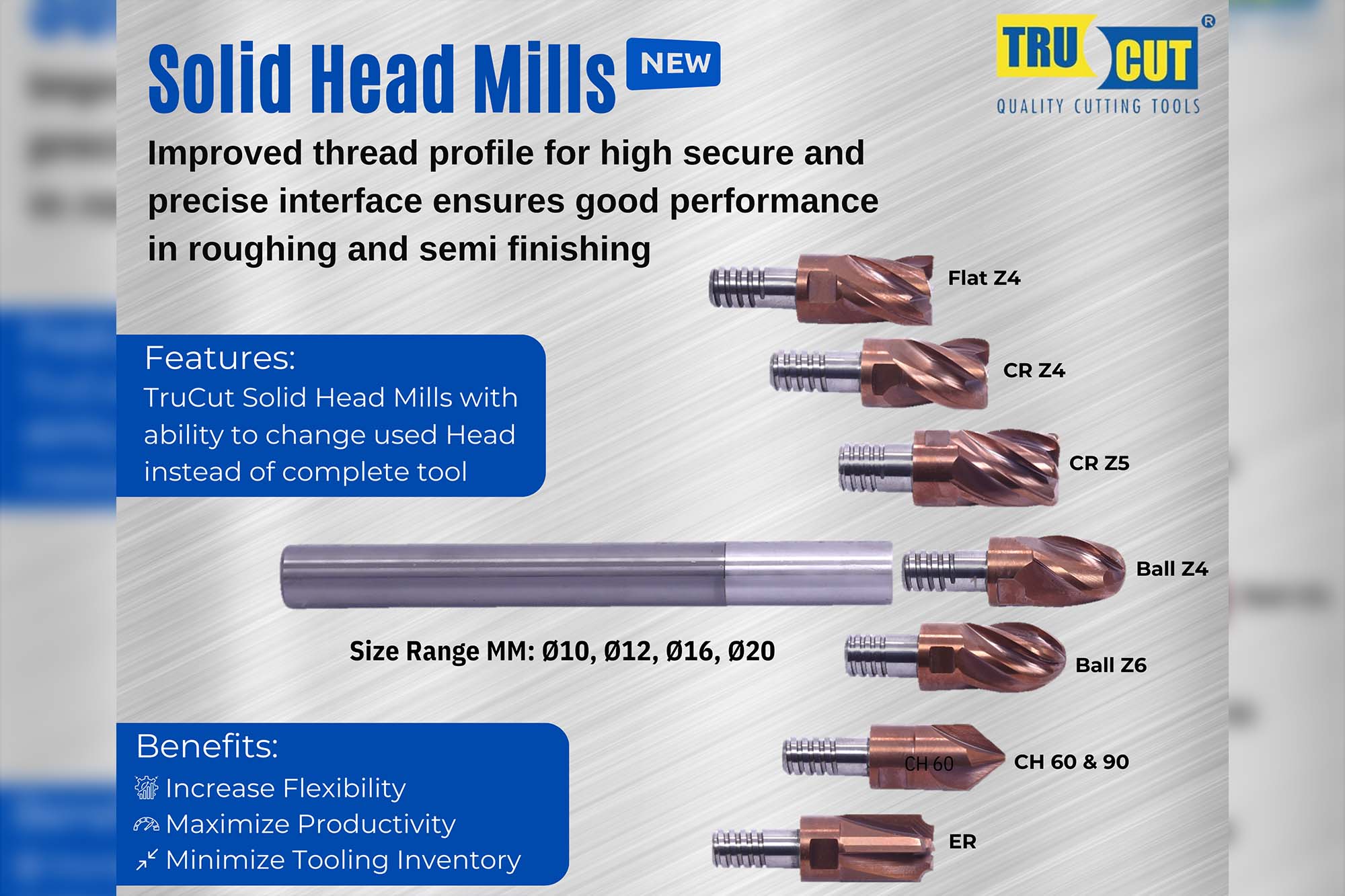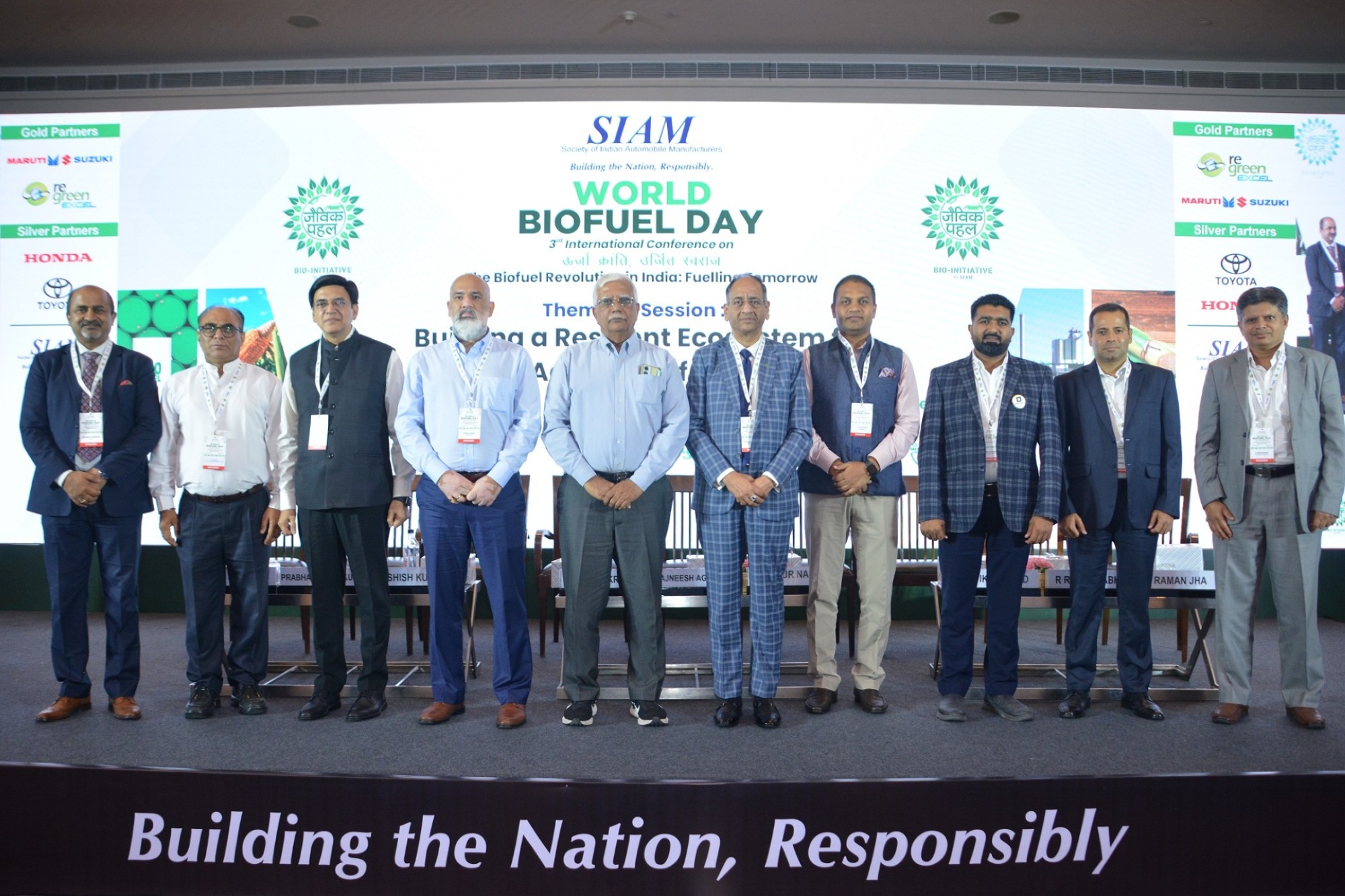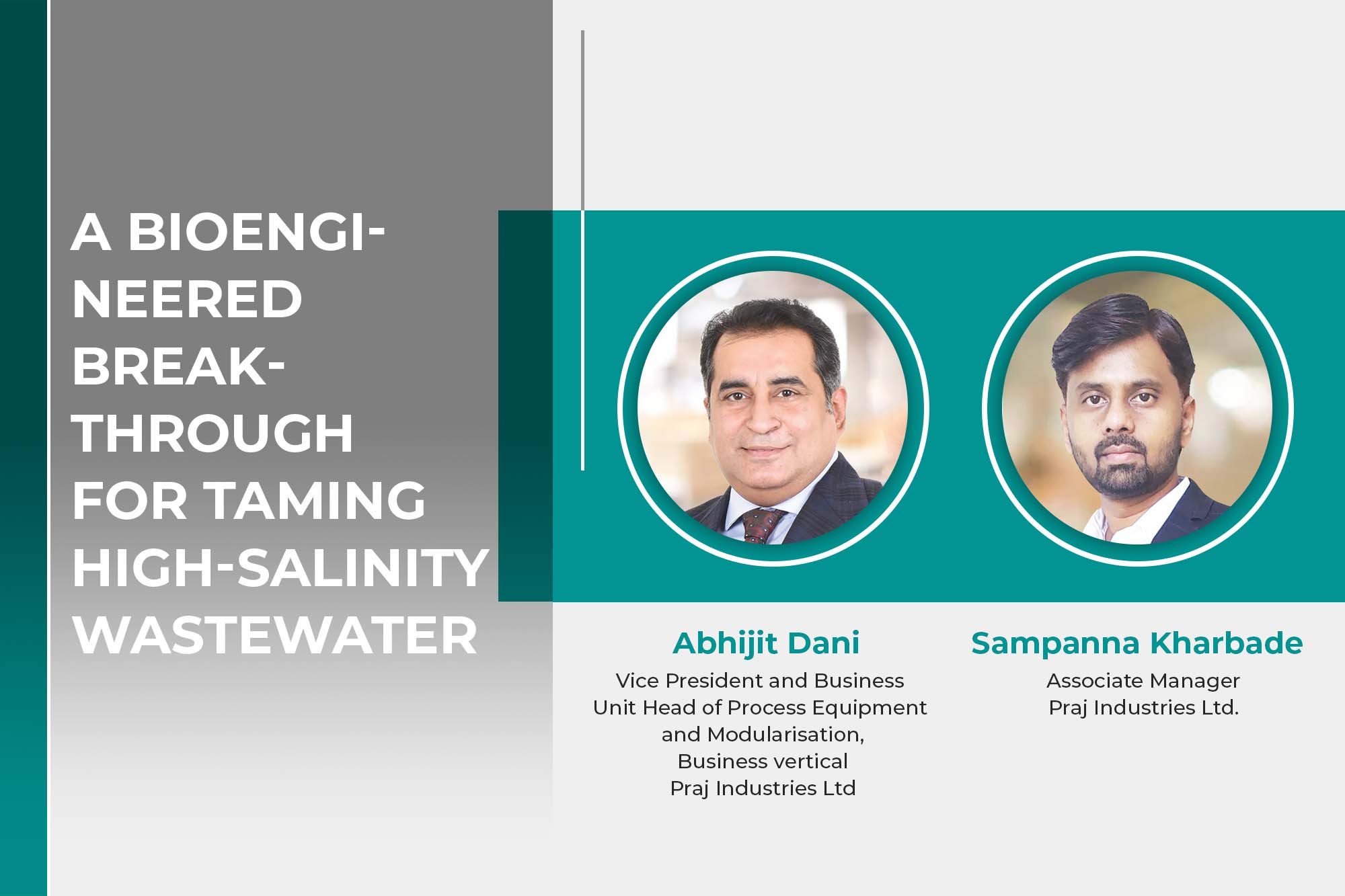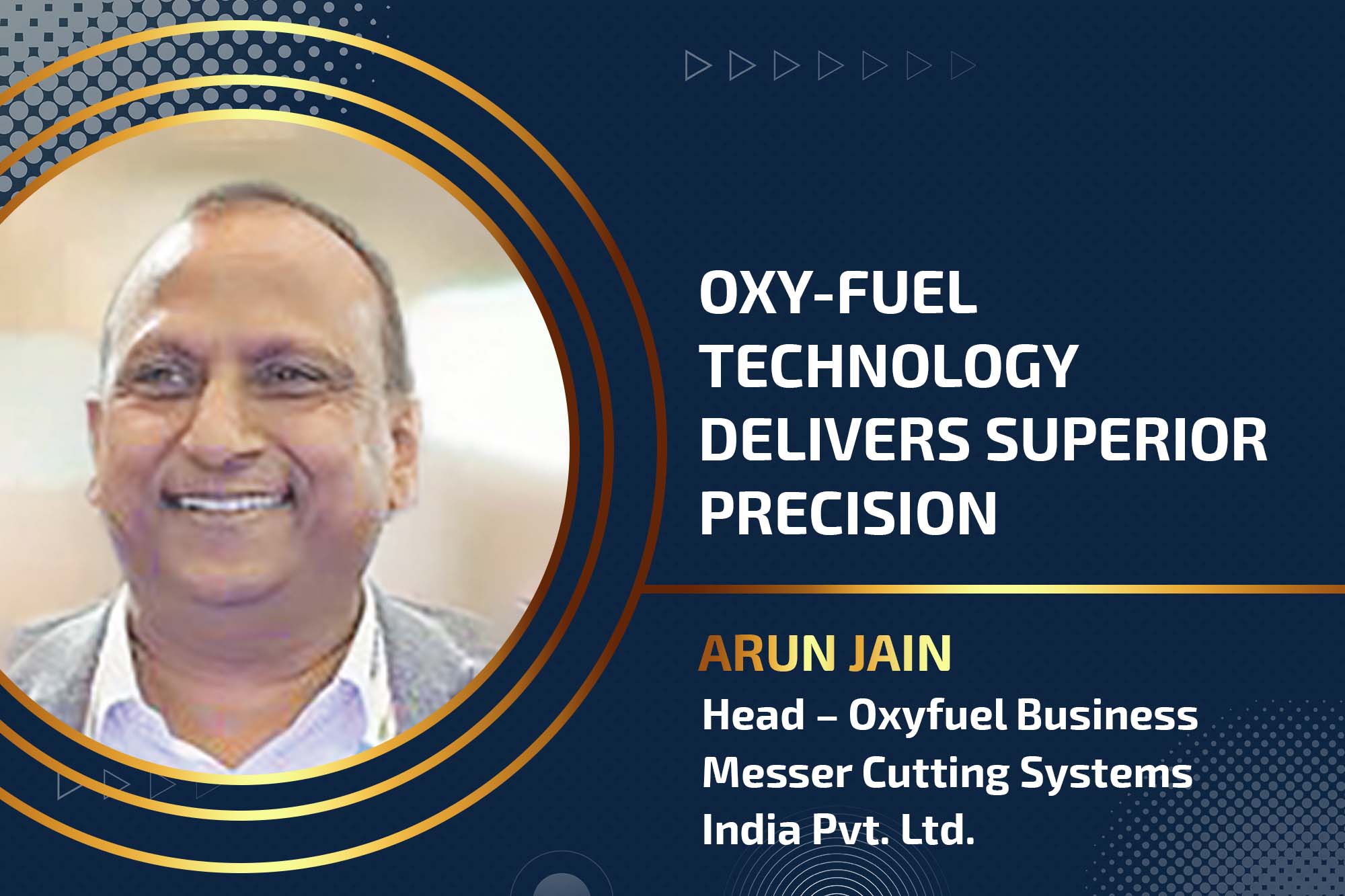Need more than lip service
By admin June 29, 2015 1:28 pm IST
Established in 1979, today ElectroMech is the largest industrial overhead cranes manufacturer in India. It offers a complete range of hoists, cranes and customised material handling equipment for wide ranging applications in manufacturing plants and infrastructure projects. Over the past 35 years, ElectroMech has developed a small army of disciplined soldiers committed to a single cause ‘to make ElectroMech the biggest and the best’. Since 1999, this army is being led by Tushar Mehendale.
In an exclusive interview with OEM Update, Mr Mehendale speaks about his company’s roadmap for ‘Make in India’.
Scopes for material handling industryHe observes, “Make in India” from two different perspectives. One as being actual participants in the movement. Case in point being ElectroMech’s global partnerships and its global market spread. For the global market of industrial cranes, ElectroMech manufactures a significant portion of its cranes in India and ship it across to the customers with a small part of the crane being fabricated and assembled at its partner factories located in the clients’ countries. “In our joint venture with Zoomlion, we are also in the process of ramping up our production capabilities for Tower Cranes so that we can manufacture them in India and ship them to different parts of the world as India is strategically located as compared to China for servicing the markets of Middle East and Africa,” says Mr Mehendale.
In the other perspective, ElectroMech also looks forward to benefitting from the success of ‘Make in India’ initiative. “Today we are the India’s largest manufacturer of workshop duty industrial cranes,” Mr Mehendale avers. “The more investments start happening in the manufacturing industry which comprises a major chunk of our business, more will be the demand for material handling equipment in the industry. This will lead to a boost in the market size and will be beneficial not only to us at ElectroMech but also to the overall material handling industry.”
Challenges and roadmapThough ‘Make in India’ initiative has been designed to facilitate investment, foster innovation, enhance skill development, protect intellectual property and build best-in-class manufacturing infrastructure, there are many concerns can be added to it. A lot of things need to be done to ensure that ‘Make in India’ succeeds. “Smart and sleek looking branding campaigns can only generate interest and pique the interests of the global community. However, the realities on the ground need to change,” Mr Mehendale observes. If one is to look at a substantial boost in the manufacturing space, then the first and foremost reforms need to happen on the taxation front – both direct as well as indirect, he said.
Cookie Consent
We use cookies to personalize your experience. By continuing to visit this website you agree to our Terms & Conditions, Privacy Policy and Cookie Policy.




